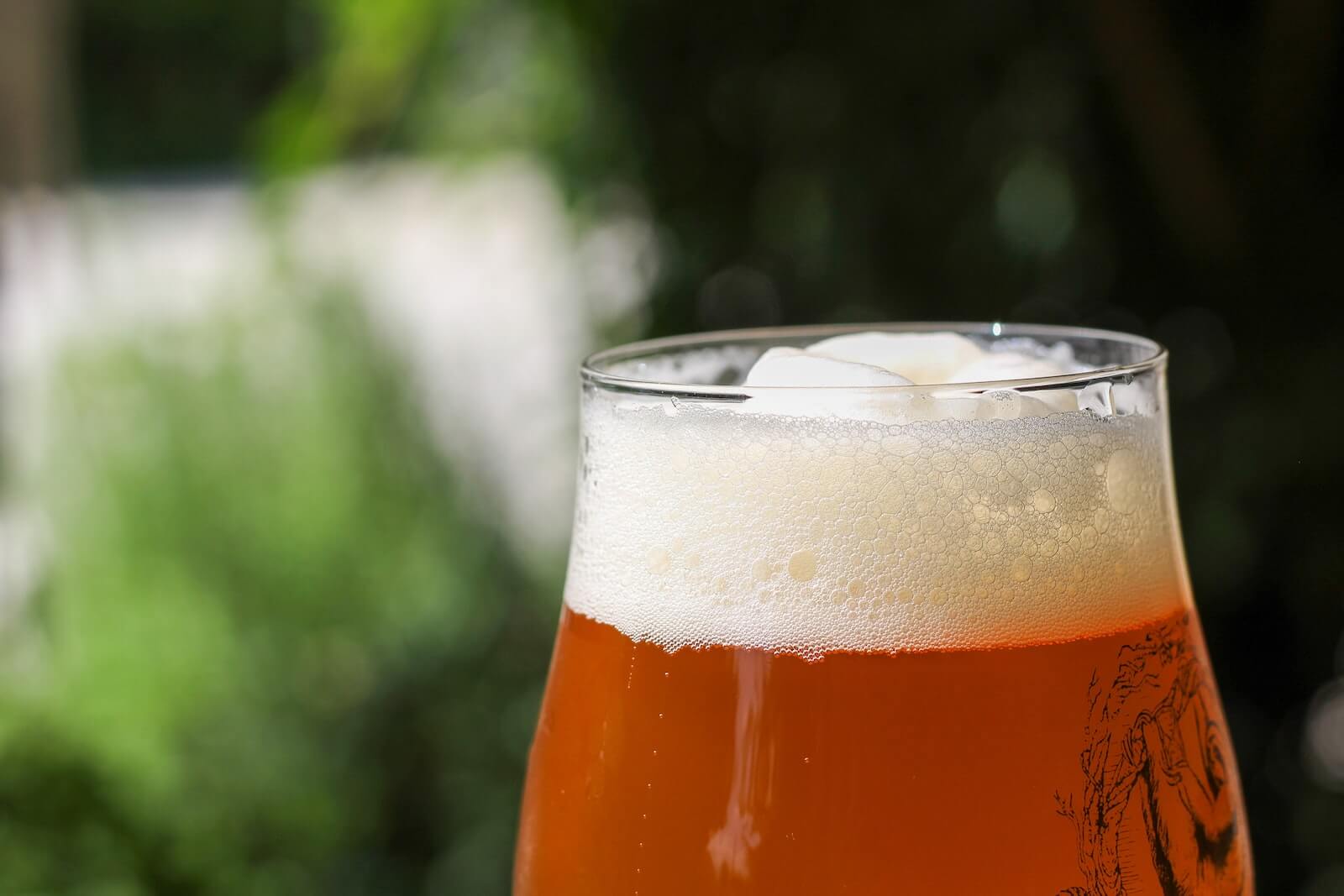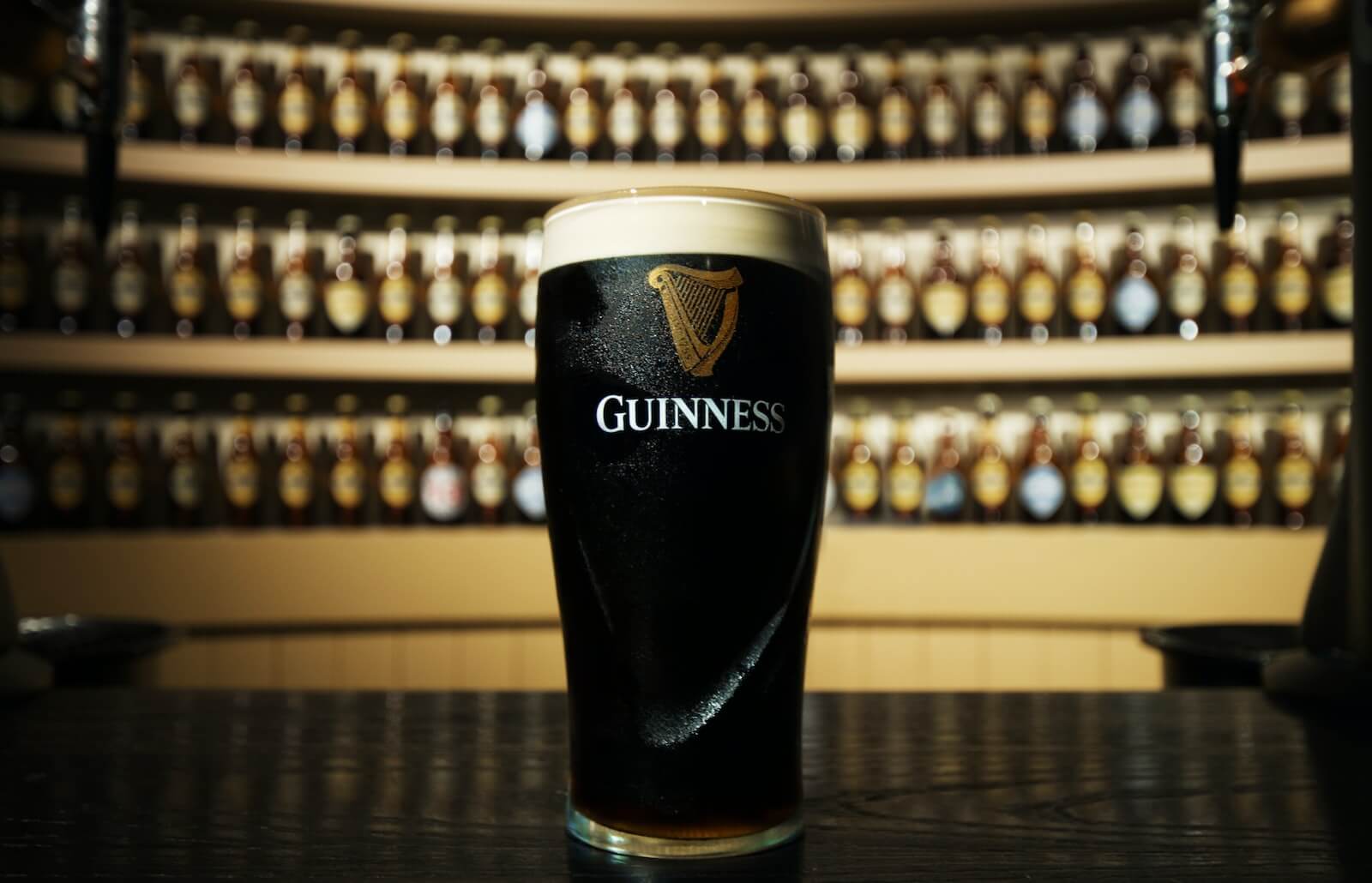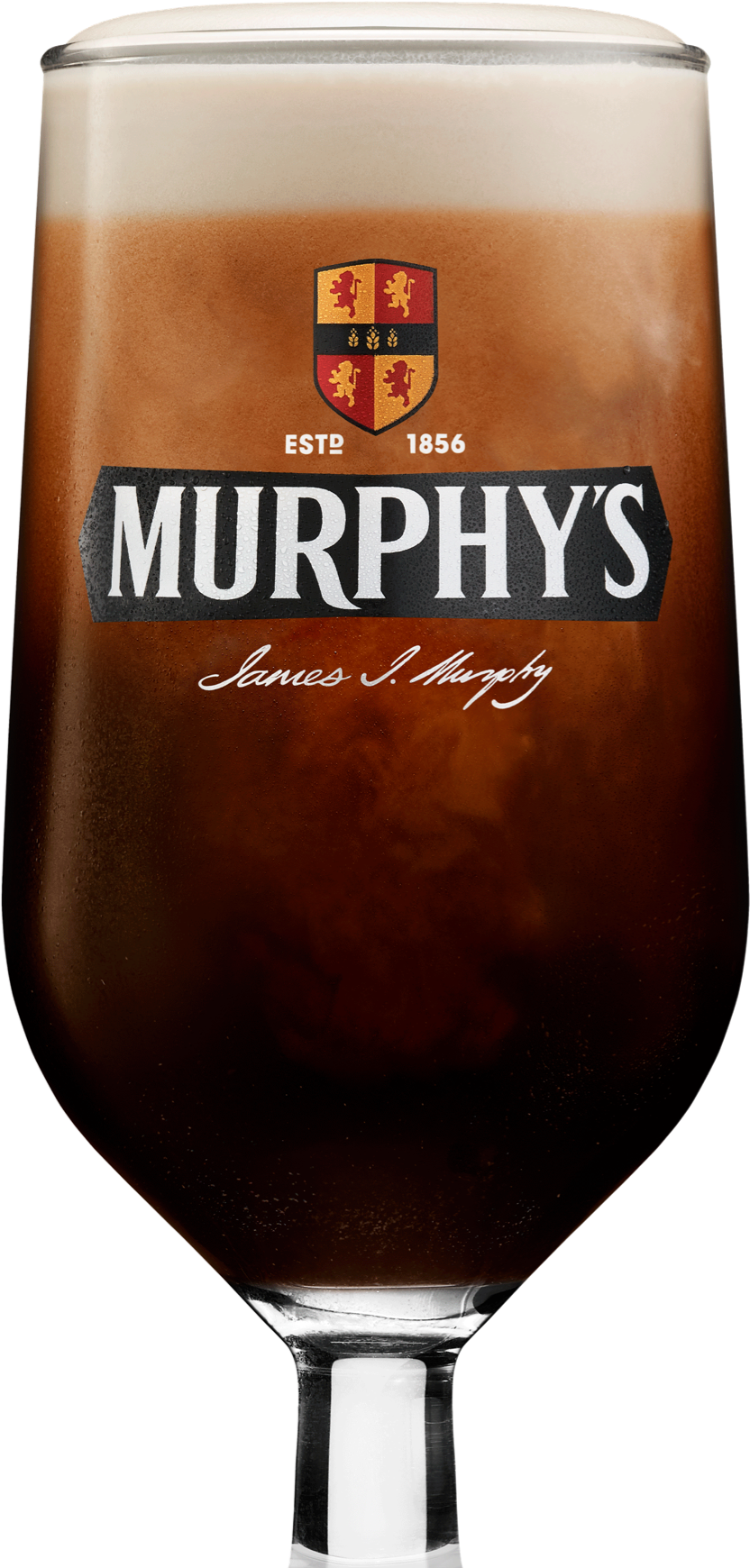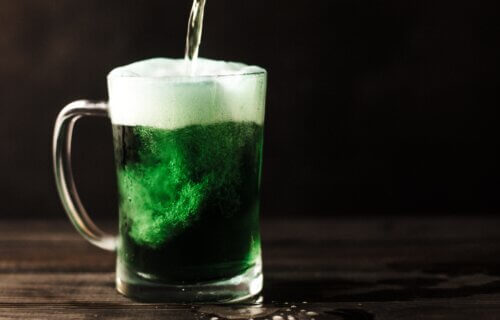As the shamrocks unfurl and the green takes over, St. Patrick’s Day is upon us! A day filled with festive cheer, lively music, and of course, delicious Irish fare. But what truly completes the celebration? A perfectly poured pint of a classic Irish brew! From the crisp, refreshing lagers to the robust, malty stouts, Irish beers offer a unique taste of the Emerald Isle. So, whether you’re a seasoned beer connoisseur or simply looking to embrace the spirit of the day, let’s raise a glass and explore the world of the best Irish beers – the perfect companions for your St. Patrick’s Day festivities.
Guinness isn’t the only Irish beer, nor is it their oldest brewery even, but its rich history set the stage for a lot of other breweries to make their mark around time of or after they came around. Not to mention in America, Guinness is a household name! That said, you can’t really go wrong with Irish beer in general, but choosing from so many different kinds out there these days can be tough. To help, StudyFinds reviewed recommendations on ten expert websites to create a list of the top five best Irish beers! If you have a favorite not listed, feel free to comment it!
➡️ How Our “Best Of The Best” Lists Are Created
StudyFinds’ “Best of the Best” articles are put together with the idea of taking the work out of common consumer research. Ever find yourself searching for a product or service on Google and reading multiple reviews to find items listed across many of them? Our Best of the Best lists are created with that process in mind, with each item ranked by how frequently it appears on expert reviews or lists. With Best of the Best, you are getting consensus picks — making them truly the best of the best!

The List: Best Irish Beers, According to Experts
1. Guinness

Surprise, surprise. Guinness takes the cake! Beer lovers and those who can’t stand it alike, know the name and what they’re about. “It’s a classic for a reason! This nitrogen-infused beer is surprisingly light despite the rich, dark color. It’s easy to drink with corned beef on St. Paddy’s Day or a burger any night of the week,” writes The Pioneer Woman.
If you want a true taste of Ireland without traveling across the globe, look no further. “The creamy, surprisingly light brew is the the ultimate Irish drink. If you like the way it tastes at your local pub or Irish bar, then this can—which contains a plastic widget to properly add those tiny draft-style bubbles—is your best at-home alternative,” adds Country Living.
Food Network specifically is a fan of their Extra Stout: “The brewery’s signature beer is its dry stout, which is a strong, dark beer that is less sweet than its American and British equivalents. Guinness stout is famous for its creamy head that’s almost as thick as whipped cream.”
2. Harp Lager
This one’s partially Irish, developing originally in Germany. Guinness ended up taking on the product and still owns them today, although the brand is independent. “This style is very popular in mainland Europe, and in the 1960s more drinkers in Ireland were switching over to this lighter beer as a change from the heavier Irish-style beers. Guinness released Harp as an Irish lager alternative with the help of a German brewer,” writes Food Network.
With such a refreshing taste, you really can’t go wrong. “This pilsner-style lager is a true crowd pleaser. Light and hoppy but not overly bitter, it’s perfect for sipping in warm weather on a back porch,” says Delish.
According to The Pioneer Woman, “This approachable pilsner style lager is characterized by its slightly hoppy, light, and crisp flavors. It’s balanced, refreshing, and perfect for the warmer months of spring and summer.”

Finally, we have some competition. First brewed in 1856 in Lady’s Well Brewery in Cork, Ireland, this thick and creamy stout may remind you of chocolate or coffee. “Murphy’s Irish Stout is the competitor to Guinness’s ebony-colored brew. While its global popularity doesn’t come close to Guinness, it’s not for lack of quality. This stout is a great alternative for those who prefer something a little lighter and not as bitter as the big G. It is known for its caramel notes,” notes Food Network.
It also doesn’t have that much alcohol per drink, meaning you can enjoy a decent amount on your St. Patrick’s outing without having to end the night too quickly. “Murphy’s Irish Stout is only 4 percent abv, so fans can easily enjoy a pint or two with their bangers and mash and still finish the crossword puzzle before bed,” assures Restaurant Clicks.
Country Living says, “Guinness isn’t the only Irish stout out there, of course! For those who find it a little too bitter, there’s Murphy’s. Fans like to think of it as a distant relative to chocolate milk.”
4. Smithwick’s Irish Red Ale

Going back to how I said that Guinness wasn’t the first of Ireland despite being the most well-renowned, it’s because Smithwick’s was! Dating as early as 1710, this beer has a classic malt flavor and red hue that makes it a fan favorite. “Smithwick’s was originally brewed in the heart of Kilkenny at St. Francis Abbey in 1710, and today it is considered one of the most popular ales in Ireland. Unlike traditional heavy Irish stouts, this red-colored beer has a gentle bitterness that’s toned out by sweet, malty notes,” says The Pioneer Woman.
All for supporting a long line of hard-working families? This is your go-to: “The brewery started as a small family brewery but has been bought by and passed between several large beer conglomerates,” points out Restaurant Clicks.
“If you’ve never had a red ale before, let St. Patrick’s Day be all the encouragement you need! Maltier and richer than a lager, much lighter than a stout, with a touch of hops, this well-balanced beer also pairs with Guinness in a half-and-half, but makes a great thirst quencher all on its own,” advises Country Living.
5. O’Hara’s Brewery

You’ve seen some pretty historic beers, but original doesn’t always mean best! O’hara’s is comparatively pretty new to the scene, but still comes out high on the list. “Officially known as Carlow Brewing Company, this is one of the largest craft brewers in Ireland known for its O’Hara line of beers named after its founder, Seamus O’Hara. Unlike some of the breweries mentioned above, O’Hara’s is a fairly recent addition to the Irish beer landscape, having been founded in the ’90s,” says Food Network.
It’s especially well-known for the Irish Stout and Red Ale, both different and unique in their own ways. “Nosing this beer reveals the aromas of coffee beans, bitter chocolate, licorice, and slight nutty scents. The palate continues this flavor profile with more freshly brewed coffee, light licorice candy, chocolate, as well as vanilla, and toffee. The finish is robust, rich, and ends with a nice kick of dry bitterness at the end,” Uproxx says of the stout. “A much more flavorful example of the style, this traditional red ale is known for its balance of sweetness and bitterness.”
So, don your green and pour up a glass of Ohara’s. “Its flagship beer is full-bodied with a creamy pour and robust espresso flavor that stays true to traditional stouts. It’s perfect for your St. Patrick’s Day party,” writes The Pioneer Woman.
You might also be interested in:
Sources:
- Parade
- Restaurant Clicks
- Delish
- Country Living
- The Irish Road Trip
- The Pioneer Woman
- Food Network
- USA Beer Ratings
- The Manual
- Uproxx
Note: This article was not paid for nor sponsored. StudyFinds is not connected to nor partnered with any of the brands mentioned and receives no compensation for its recommendations. This article may contain affiliate links in which we receive a commission if you make a purchase.
